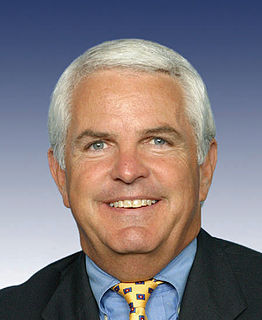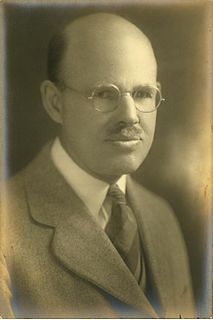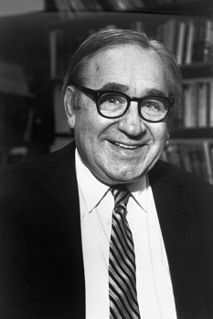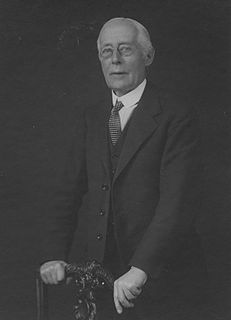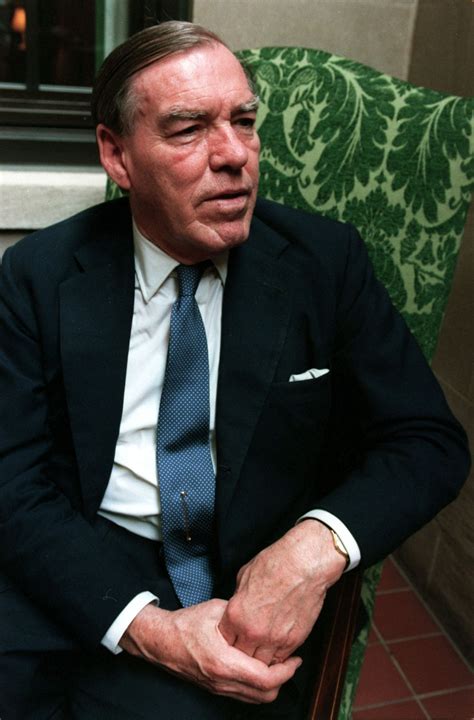A Quote by Gary Larson
Humans have changed ecosystems more rapidly and extensively than in any comparable period of time in human history, largely to meet rapidly growing demands for food, fresh water, timber, fiber and fuel. This has resulted in a substantial and largely irreversible loss in the diversity of life on Earth.
Related Quotes
And having thoughtlessly polluted our streams and rivers, we have seen in recent years a rapidly growing market for bottled drinking water. I am sure that some will say that a rapidly growing market for water is "good for the economy," and most of us are still affluent enough to pay the cost. Nevertheless, it is a considerable cost that we are now paying for drinkable water, which we once had in plentiful supply at little cost or none at all. And the increasing of the cost suggests that the time may come when the cost will be unaffordable.
In a few hundred years, when the history of our time will be written from a long-term perspective, it is likely that the most important event historians will see is not technology, not the Internet, not e-commerce. It is an unprecedented change in the human condition. For the first time - literally - substantial and rapidly growing numbers of people have choices. For the first time, they will have to manage themselves. And society is totally unprepared for it.
For much of history it was possible to believe that the great diversity of life on Earth was a fixed creation, that the living world had never changed. But when the first stirrings of industry demanded that fuel be dug from the earth and hillsides be leveled for roads and railways, the Earth's true past was dug up in abundance.
For much of history it was possible to believe that the great diversity of life on Earth was a fixed creation, that the living world had never changed. But when the first stirrings of industry demanded that fuel be dug from the earth and hillsides be leveled for roads and railways, the Earths true past was dug up in abundance.
The popularity of the famous device of the use of lands into England is said to be largely due to the mendicant friars of the then new Orders of St. Dominic and St. Francis, who, arriving in this country, in the first half of the thirteenth century, found themselves hampered by their own vows of poverty, no less than by the growing feeling against Mortmain in acquiring the provision of land absolutely necessary for their rapidly developing work.
Food production has affected the environment more than any other activity humans have engaged in. Humanity devotes more land to food production than anything else - roughly a third of the surface area of the earth, much of which was once forest but has been converted by humans into farms or grazing lands.
The ways of living have been rendered vastly easier by a multitude of inventions, by the increasing wealth of the country, by better and more intelligent service; and yet life is by no means easier, but indeed hard. The demands on time, whether real or imagined, have increased in a greater ratio than the supply of facilities for answering them, and as the earth provokingly continues to revolve on its axis just as rapidly as of old, the days are never long enough for all the duties which they bring.
It [motherhood] has changed absolutely everything. I mean, it's changed my life. I think I've changed as a human being more since I've had Kai than in any other period in my life...It's such an incredible catalyst for growth. I found myself questioning absolutely everything: how I spend my time, how I speak, what kind of projects I work on, how I look at the world.
In the Roman world, and in the worlds around it that Romans sought to subdue and control, the gods were merciless, frivolous, prone to set traps for humans, and largely indifferent to the unprivileged bulk of humankind, who in any case did not expect their fate in the afterworld to be any better than it had been on earth.
One of the capabilities, which seems to be the most difficult for aspiring leaders to maste is realistic optimism. It requires one to recognize that our experience of life is largely up to us, that our situations, good or bad, are largely due to our ability on a moment-to-moment basis to capitalize on opportunity. Those that approach life as if it is largely outside of their own control, or that others are largely to blame for their circumstances, generally find growth elusive.

